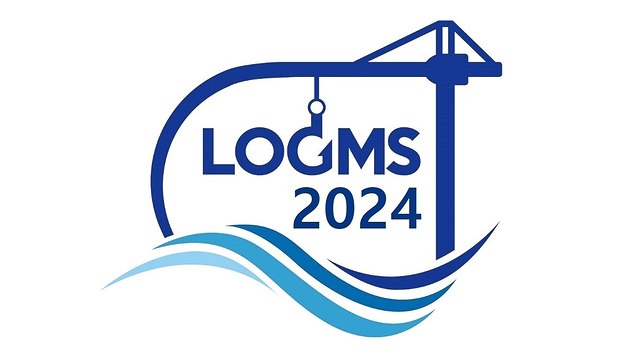Summer School
on Digital Transformation and Optimization in Sea Ports
Location
Moorweidenstr. 18, Room no. 0.005, University of Hamburg, Hamburg
Dates and Time
24.08.2024: 10:00-12:00 am; 2:00-4:00 pm
25.08.2024: 10:00-12:00 am; 2:00-4:00 pm
26.08.2024: 10:00-12:00 am, 2:00-4:00 pm
Contents
24.08.2024: 10:00-12:00 am; 2:00-4:00 pm (Stefan Voß)
Operations Research and Innovation Management in Port Logistics
Maritime shipping has marked its undoubted importance in international freight transportation. Related service network design and infrastructure development especially regarding containerization has greatly advanced. This relies on efficient use of information technology and optimization. For our presentation we distinguish several scalability issues. On a large scale this relates to building container terminals. On a small scale this relates to specific optimization problems like berth allocation and container repoistioning (solving sudokus on a container terminal). We end with an outlook on innovation management in ports: From digital transformation to smart ports.
25.08.2024: 10:00-12:00 am ; 2:00-4:00 pm (Leonard Heilig)
Digital Tranformation and Digital Innovation in Seaports: From Theory into Practice
Information technologies have become indispensable for supply chains and maritime logistics. We will give an overview on port performance criteria and how information technologies can improve operational efficiency, enhance visibility, and foster sustainability in seaports. Through case studies and practical examples, we will explore how research, especially in the area of data science and combinatorial optimization, can be practically applied by designing, implementing, and managing digital systems that optimize port operations and support future growth. The scope will be especially on digital twins and a digital platform to manage container truck transports.
26.08.2024: 10:00-12:00 am (Arne Heinold)
A Brief Introduction to Stochastic and Dynamic Problems
We will begin by defining key terms such as "stochastic" and "dynamic" and explore their relevance for many real-life applications in supply chain management, logistics, and beyond. We will then discuss why these problems are challenging to solve optimally and learn about the modelling framework of Sequential Decision Processes (SDPs). Using the classic Taxicab Problem, we will explore the four generic policy classes that guide decision-making in SDPs. This interactive session will also give students the opportunity to apply the discussed policies in practice. The session will conclude by showcasing how these concepts can be applied to optimize decision-making in the maritime industry, drawing on the speaker's own research.
26.08.2024: 2:00-4:00 pm (Jingjing Yu and Stefan Voß)
Popmusic revisited and an unconventional application in Maritime Shipping
POPMUSIC (Partial Optimization Metaheuristic Under Special Intensification Conditions) is a matheuristic that has proven being able to solve various optimization problems successfully. We reiterate the basics of this approach and then switch to an application in martime shipping. That is, we consider problems related to reducing emissions while meeting the economic needs of ports and shipping companies. The term unconventional refers to the hybridization of POPMUSIC with well-known ideas for solving multi-objective optimization problems (and eventually k-means).
Participation
Participating in the Summer School is free of charge for LOGMS participants. Please register via the button"I am interested in participating in the Summer School" witrhin the Converia registration process for the conference.




